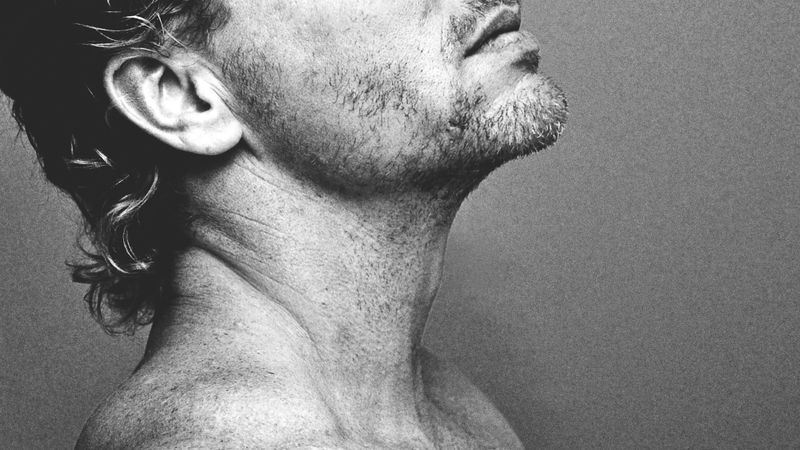The 9-hour athlete: top 10 sleep secrets for peak performance

Imagine yourself in a perfect world. Your mood is vibrant and positive. Your brain functions at peak efficiency. Your body feels healthy, energetic, and capable.
In this perfect world, you’re not only eating a balanced diet and following an ideal training routine, but you’re also getting enough restorative sleep to unlock your full potential.
Restful sleep is absolutely essential for your health, as well as your physiological and psychological recovery and performance.
How much sleep should you get, and what happens when you don’t?
Adults should aim for 7 to 9 hours of sleep per night to fully recover their body and mind. High-performance athletes are recommended to get at least 9 hours of sleep per night.
Sleep should be given the same importance as training and nutrition. Just as you need more calories than the average person, you also need more restorative sleep.
Unfortunately, the reality is often different. Many athletes sleep too little or have disturbed sleep. Training and competition demands, along with external stressors, can affect both the need for and quality of sleep. This, in turn, can negatively impact mood and performance.
A U.S. study involving 189 college athletes found that:
- 68% reported poor sleep quality
- 87% slept less than or equal to 8 hours per night
- 43% slept fewer than 7 hours per night
The consequences of sleep deprivation on performance and health include:
- Impaired sprint ability: A study on male team athletes showed that sleep deprivation reduced both average and total sprint times.
- Decreased accuracy: Tennis players experienced up to a 53% reduction in serve accuracy after sleep deprivation.
- Slower reaction times: Sleep deprivation significantly impaired reaction times among male college athletes.
- Faster exhaustion: Lack of sleep can reduce the time to physical exhaustion by up to 30%.
- Example: After a poor night’s sleep before a 10,000-meter race, you may hit physical exhaustion as early as 7,000 meters.
- Impaired learning and decision-making: Sleep deprivation negatively affects executive functions.
- Examples: It becomes harder to retain learned motor skills from training and recall them during competition. You’re also more likely to make poor decisions, such as rushing a shot instead of passing the ball during play.
- Increased stress and risk of burnout
- Hormonal and metabolic disturbances: These can contribute to weight issues.
- Weakened immune system: This increases your risk of infections, particularly colds and upper respiratory illnesses.
- Higher injury risk: Chronic sleep deprivation can increase injury risk by up to 70%.
Sounds far from ideal, doesn’t it? That’s why your goal should be to get sufficient and high-quality sleep on most nights — for optimal recovery, performance, and long-term health.
What if that’s not possible sometimes?
Here are some practical, tested tips for achieving restorative sleep:
- Regular sleep and wake times (max. +/- 30min) throughout the entire week, even on weekends to avoid 'social jet lag'.
- Cozy, high-quality bed (mattress, pillows, etc.) and a dark “sleep cave”.
- Avoid intensive mental or physical activities 2-3 hours before sleep.
- Early, balanced meal for dinner 2-3 hours before sleep.
- Fresh, circulating air flow and cool room temperature between 16-20°C.
- Sufficient sunlight exposure throughout the day — ideally right after waking up to support your circadian rhythm.
- Stop having caffeine (6-10 hours) and alcohol (4-5 hours) before sleep.
- No electronic devices (at least 1 hour) before going to sleep.
- Stress reduction/relaxation routine, e.g. meditation, relaxing breathing exercises (4-7-8), stretching, yoga, 'Shakti Mat', reading, journaling, etc.
- Power napping, no longer than 20 minutes and not later than 6-7h before bedtime to avoid negative impact on night sleep.
References
Author: Björn Eberhardt
I'm a certified Health, Performance, and Lifestyle Coach with 3+ years of holistic coaching experience, guiding clients in nutrition, movement, sleep, stress management, and personal development. For over 15 years, I've been pursuing optimal health, evolving into a comprehensive approach that integrates nutrition, training, sleep, mindset, and inner work. My mission? Empowering others to unlock their full potential and lead their best, most authentic lives.




